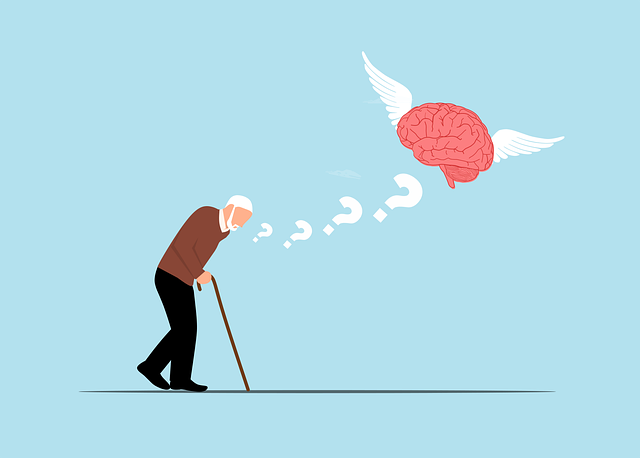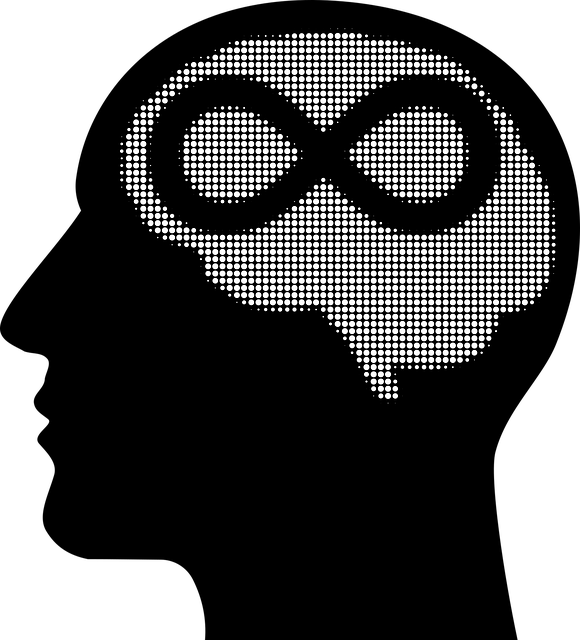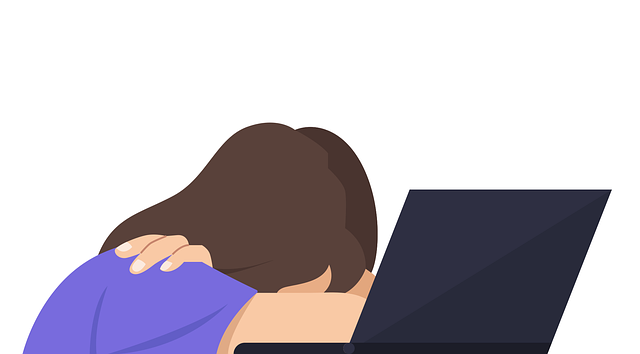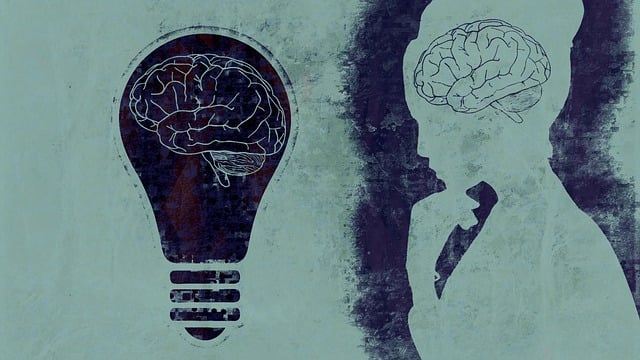Mental wellness is a holistic state encompassing positive emotions, resilience, purpose, and stress management. Longmont Biofeedback Therapy offers a unique approach by focusing on the mind-body connection, teaching individuals to recognize and regulate physiological responses to stress through mindfulness, meditation, and biofeedback. Creating a personalized self-care routine involves understanding individual needs and incorporating practices like meditation, deep breathing, yoga, physical activity, quality sleep, and hobbies. Regular reflection and tracking progress are essential for adapting routines. Longmont Biofeedback Therapy empowers individuals to take control of their emotional well-being through "Mind Over Matter" principles, making it a powerful tool in self-care.
“Unwind, rejuvenate, and embrace a healthier mind with our guide to developing an effective mental wellness self-care routine. Understanding the fundamentals of mental wellness and its intimate connection with self-care is the first step towards holistic well-being. This article explores powerful strategies, notably highlighting the benefits of Longmont Biofeedback Therapy in managing stress and anxiety. We’ll navigate crafting a personalized routine, sustaining momentum, and tracking progress to help you thrive.”
- Understanding Mental Wellness and Self-Care
- The Role of Longmont Biofeedback Therapy
- Crafting Your Personalized Routine
- Sustaining and Tracking Progress
Understanding Mental Wellness and Self-Care

Mental wellness is a holistic state of being where individuals realize their own potential, can cope with the normal stresses of life, work productively and fruitfully, and make meaningful contributions to their communities. It encompasses not just the absence of mental illness but also the presence of positive emotions, resilience, and a sense of purpose. Self-care is a crucial component in maintaining and enhancing mental wellness. It involves intentional activities that nurture our physical, emotional, and psychological well-being.
Longmont Biofeedback Therapy, among other Mental Health Education Programs Design, plays a vital role in teaching individuals effective coping skills to manage stress and promote self-care. Through techniques such as mindfulness, meditation, and biofeedback training, people can gain better control over their physiological responses to stressful situations, thereby enhancing their ability to navigate life’s challenges. Developing these coping skills not only improves Stress Management but also facilitates Coping Skills Development, ultimately leading to a more balanced and fulfilling mental wellness routine.
The Role of Longmont Biofeedback Therapy

Longmont Biofeedback Therapy offers a unique and effective approach to mental wellness self-care routines. By focusing on the connection between the mind and body, this therapy empowers individuals to take control of their emotional well-being. Through specialized techniques, biofeedback allows users to gain insight into their physiological responses to stress, triggering moments, and even emotions. This awareness is a powerful tool for managing conditions like anxiety and fostering resilience building.
Incorporating Longmont Biofeedback Therapy can be a game-changer in one’s self-care arsenal, providing practical conflict resolution techniques that extend beyond the therapy room. By learning to recognize and regulate bodily reactions, individuals can proactively reduce stress levels and promote overall mental wellness. Whether seeking anxiety relief or wanting to enhance their coping mechanisms, this holistic approach offers a calming and transformative experience, leaving users with greater control over their emotional landscapes.
Crafting Your Personalized Routine

Creating a personalized mental wellness self-care routine involves understanding your unique needs and incorporating practices that resonate with you. It’s about finding what works best for managing stress, cultivating calm, and enhancing overall well-being. Start by evaluating your current lifestyle, work schedule, and personal preferences. Are there specific times of the day when you feel most relaxed? What activities or hobbies bring you joy and help you unwind? Longmont Biofeedback Therapy can be a valuable tool here, offering techniques to regulate physical responses to stress, thereby fostering mental clarity.
Incorporating practices like mindfulness meditation, deep breathing exercises, or yoga can be transformative in your journey towards better mental health. Additionally, consider attending Stress Management Workshops Organization sessions for evidence-based strategies, and explore Burnout Prevention Strategies for Healthcare Providers to maintain resilience in demanding professions. Remember, a balanced routine might include physical activity, quality sleep, nutritious meals, and dedicated time for hobbies or creative pursuits—all essential components of effective Stress Reduction Methods.
Sustaining and Tracking Progress

Sustaining a mental wellness self-care routine requires consistent commitment and awareness. It’s crucial to track your progress to identify what works best for you, and where adjustments might be needed. Regularly evaluate your well-being by setting specific, measurable goals and marking your achievements. This could involve noting improvements in sleep quality, reduced anxiety levels, or increased productivity.
Longmont Biofeedback Therapy can be a valuable tool in this process. By learning Mind Over Matter principles, you can gain greater control over physiological responses to stress, ultimately enhancing your Stress Management and Burnout Prevention Strategies for Healthcare Providers. Regular self-reflection and adjustment will ensure that your self-care routine remains dynamic and tailored to your evolving needs.
Developing a mental wellness self-care routine is a transformative journey, and incorporating Longmont Biofeedback Therapy can be a game-changer. By understanding your mental health needs and crafting a personalized routine, you can effectively manage stress, improve overall well-being, and sustain a healthier mind. Regularly reviewing and tracking progress ensures continuous growth and allows you to adapt your self-care practices as needed. Remember, with dedication, self-care becomes an integral part of daily life, fostering resilience and enhancing your ability to navigate life’s challenges.









